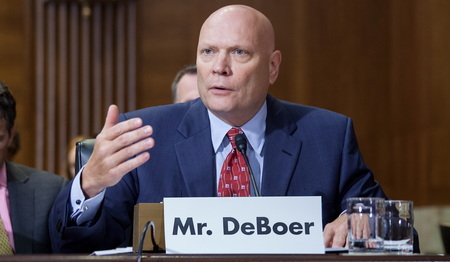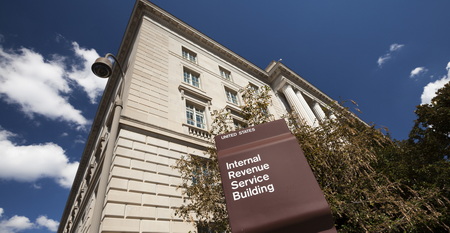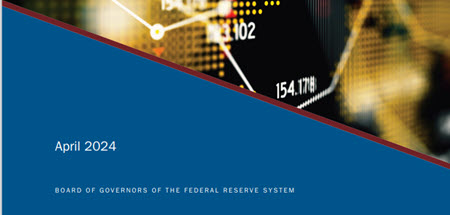
Real Estate Roundtable President and CEO Jeffrey DeBoer will testify next week before the House Oversight Subcommittee on Health Care and Financial Services about the “Health of the Commercial Real Estate Markets and Removing Regulatory Hurdles to Ensure Continued Strength.” (Watch hearing here at 2pm EST on Tuesday, April 30 | Update: Written testimony here)
CRE Market Conditions & Solutions
The Roundtable’s all-member June 20-21 Annual Meeting will include a Joint Research Committee and Real Estate Capital Policy Advisory Committee Meeting to drill down on specific CRE capital and credit market trends and issues.
# # #

The Treasury Department issued final regulations this week that redefine what constitutes a domestically controlled REIT exempt from tax under the Foreign Investment in Real Property Tax Act (FIRPTA). The regulations create a new look-through rule that extends the reach of the discriminatory FIRPTA regime to common investment structures. (Final Regulations | Tax Notes, April 25 and Bloomberg Law, April 24)
New Look-Through Rule
Roundtable Response

A Roundtable Tax Policy Advisory Committee (TPAC) working group is reviewing the most recent changes and considering potential policy and tax planning strategies going forward. The next TPAC meeting will be held on June 21 in conjunction with the all-member Roundtable Annual Meeting in Washington, DC.
# # #

On Thursday, the IRS issued a package of final regulations on the transferability of tax credits for rooftop solar and other clean energy investments under the Inflation Reduction Act (IRA). (Final regulations and IRS news release, April 25)
Transferability
The Roundtable's Energy Credit Transferability/Direct Pay Working Group is analyzing the regulations and assessing their impact on CRE.
# # #

Potential losses from certain office real estate loans are an economic vulnerability within the U.S. financial system—yet considered less of a threat than last year, according to the Federal Reserve Board’s semiannual Financial Stability Report. The Fed report noted that if inflation persists and higher interest rates linger during the ongoing, post-pandemic adjustment to remote work, a wave of maturing loans could pose CRE refinancing risks for regional U.S. banks. (Fed report | Bloomberg and Reuters, April 19)
Office Sector Risk
The Roundtable’s all-member June 20-21 Annual Meeting will include a Joint Research Committee and Real Estate Capital Policy Advisory Committee Meeting to drill down into specific CRE capital and credit market trends and issues.
# # #